Australian Prime Minister Anthony Albanese is backing health advice on Chinese travellers not needing to produce a negative COVID-19 test on arrival as concerns emerge over new COVID-19 variants entering Australia.
This comes as the United States, Italy, India, Japan and Taiwan moved to mandate COVID-19 testing for all travellers from China as cases of COVID-19 surge across the country.
On Dec. 29, Albanese told reporters that his government would be guided by the advice from health experts in reference to COVID-19 testing for Chinese travellers.
“There is no change in the travel advice at this point in time, but we are continuing to monitor the situation, as we continue to monitor the impact of COVID-19 here in Australia, as well as around the world,” he said.
However, Albanese did not rule out mandating travel restrictions in the future.
Chief medical officer, Paul Kelly, told the Australian Broadcasting Corporation (ABC) on Dec. 29 that the main variant believed to be currently circulating in China had already spread throughout Australia in July.
“The biggest issue in China that we need to watch is the emergence of other variants, and at this stage that hasn’t happened,” Kelly said adding that it is a “dynamic situation” that requires close monitoring of events in China.
Kelly said that China has a “very under-immune” population due to the zero-case policy pursued by the Chinese regime since the beginning of the pandemic.
“This was always eventually going to happen that when they did move to a similar response to the rest of the world that they would be faced with a very largely non-immune population.”
COVID-19 Cases Sweep Across China
In the first 20 days of December, 248 million people in China likely have become infected, according to an internal meeting memo of China’s top health body that leaked online. The number dwarfs the COVID-19 data and death tally officially released so far, which international experts and evidence on the ground show to be vastly disproportionate to the actual scale of the outbreak.Australian epidemiologist Angela Webster said Australia needs to better understand the epidemiology of what could be spreading in China, with uncontrolled infections resulting in new variants.
“There have been strong calls for China to be much more transparent about what’s going on,” Webster told the ABC.
“There could be new variants in China rapidly circulating, and therefore potentially spreading to the rest of the world, that we are unprepared for and we haven’t been able to learn much about before it happens.
“It may be we have to reinstate more routine testing here to ensure that any incoming variants aren’t completely different,” she said.
As cities and towns across Australia prepare to celebrate New Year’s Eve without COVID-19 restrictions for the first time in two years, Albanese urged people to look after their health.
“Don’t relax. COVID is still around,” he said.
Opposition immigration spokesman Dan Tehan said the Albanese government needed to follow the health advice when it came to Chinese arrivals, and that there should be cause for concern for rising cases in China as Australia is a popular tourist destination.
“What we have to make sure is that we are being fully advised of all the risks,” he said.
Those who have tested positive more than 10 days before the flight can show proof of recovery in lieu of a negative test result. At least one of the two documentation will be required for boarding a U.S.-bound flight.
Albanese Gov’t Urged Not to Mandate Testing for Chinese Travellers
Business and higher education groups have urged the Albanese government to not follow the U.S. and other countries in imposing testing requirements for Chinese tourists warning that tens of billions of dollars could be at stake.China remains Australia’s biggest market for international students, accounting for over $40 billion in 2018-2019.
“We’ve heard a lot from the tourism industry about the need to prioritise tourist and working holiday makers,” he said.
“However, all the data shows a full fee paying international student from China brings far more into our economy than a temporary visitor or working holiday visitor.”
Australian Tourism Industry Council Victorias spokesperson Felicia Mariani said China was Australia’s “critical market” and that any perceived COVID-19 threat needs to responded carefully.
“Pre-pandemic they have been our highest-spending market, and they have also been the greatest number of international visitors that we’ve had here for some time,” Mariani said, reported The Australian.
“At the same time … we do need to manage this process very carefully and to take the advice of health experts in this regard, and then hopefully government will make some sensible decisions about how we best manage the return of this important market.”
In the year to November, 70,080 Chinese travellers entered Australia, compared with 1.433 million in 2018-19.
On Dec. 21, Australia’s Foreign Minister Penny Wong met with her Chinese counterpart Wang Yi to discuss human rights, trade blockages, and global security.
This was first official visit to Beijing from an Australian minister in three years with Wong’s trip signalling a potential thaw in Australia-China diplomatic relationships.
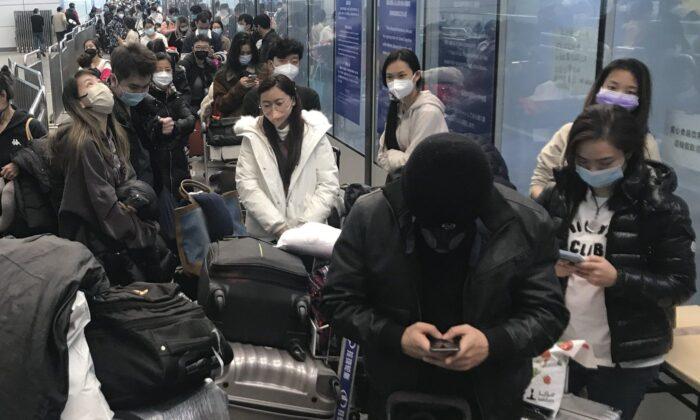

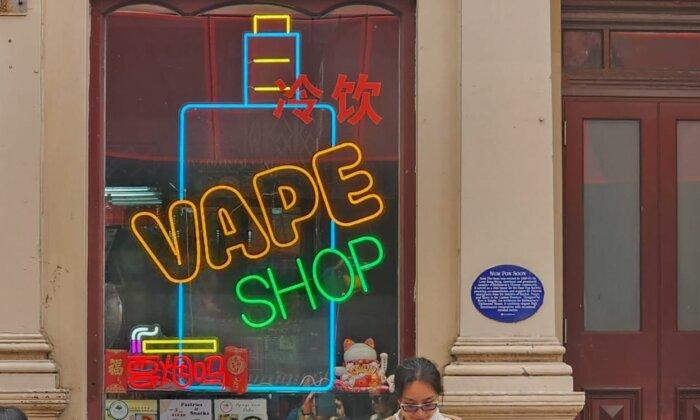
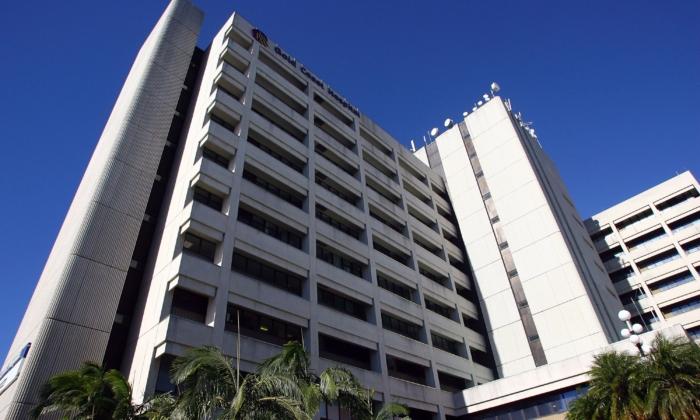
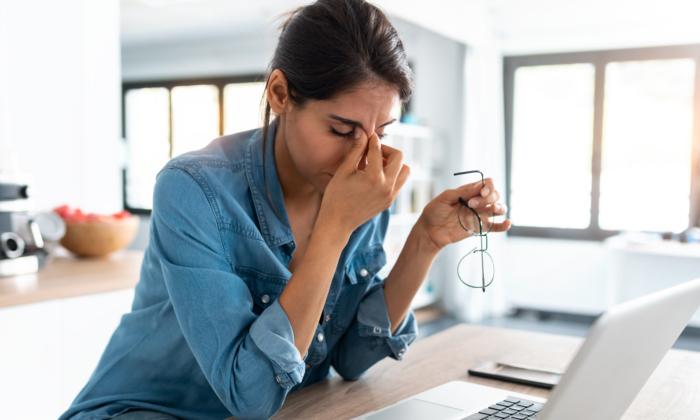
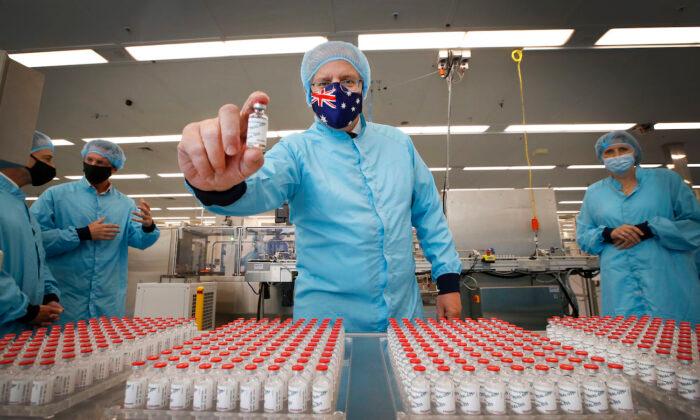
Friends Read Free